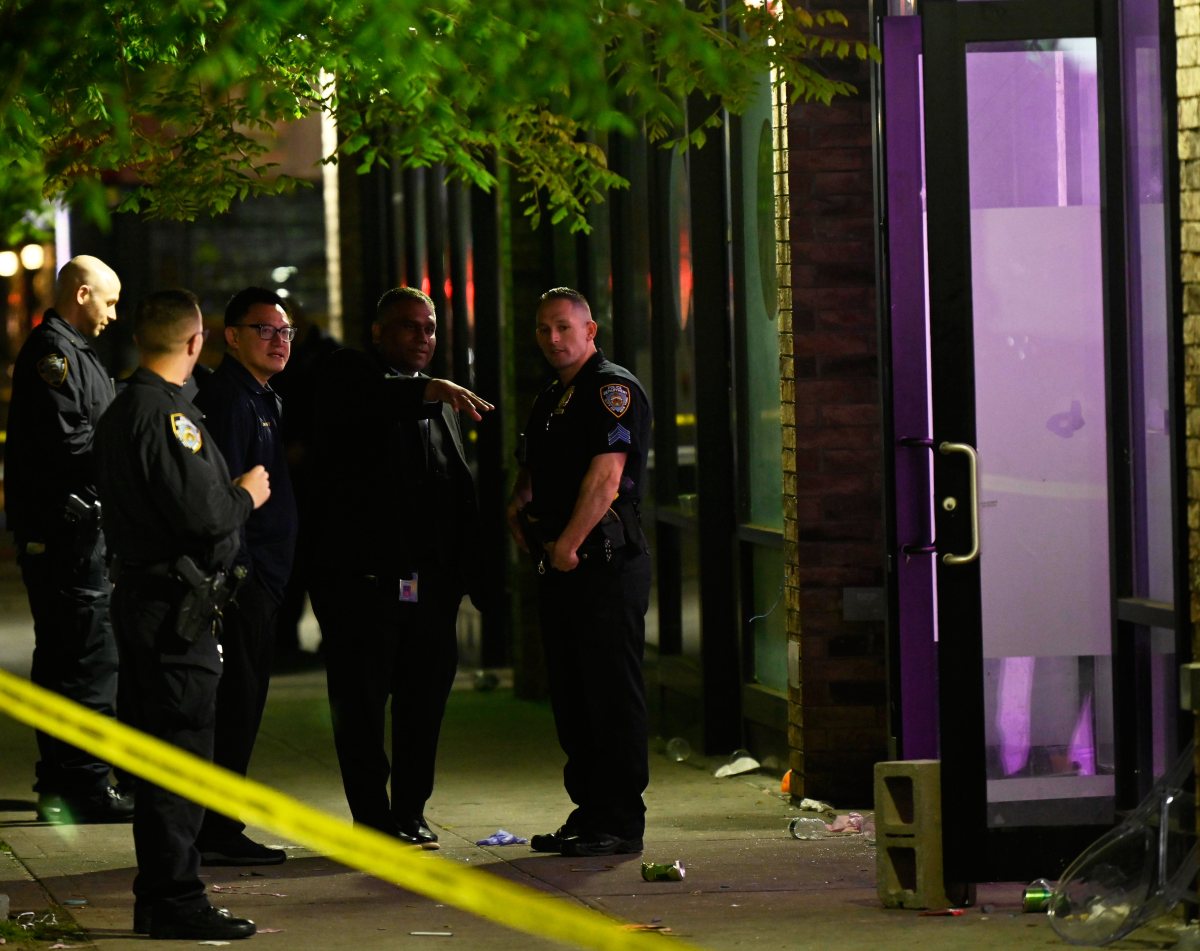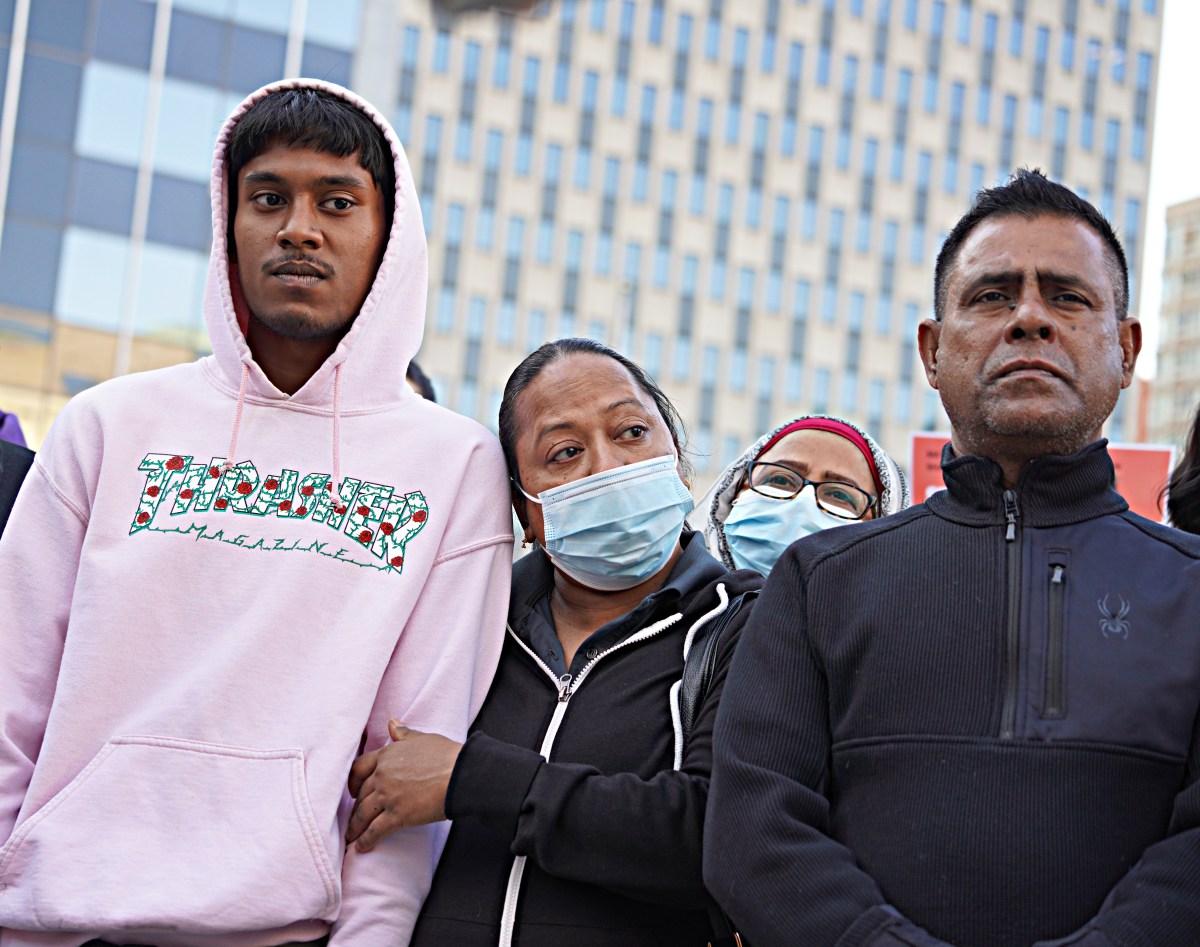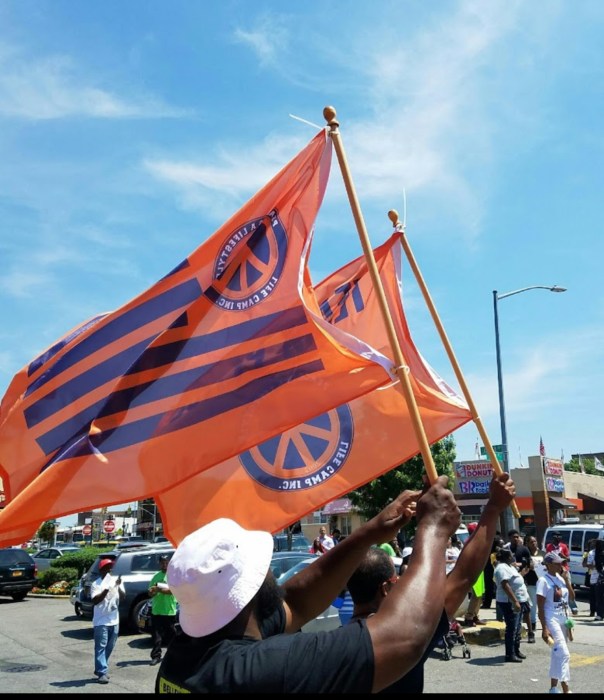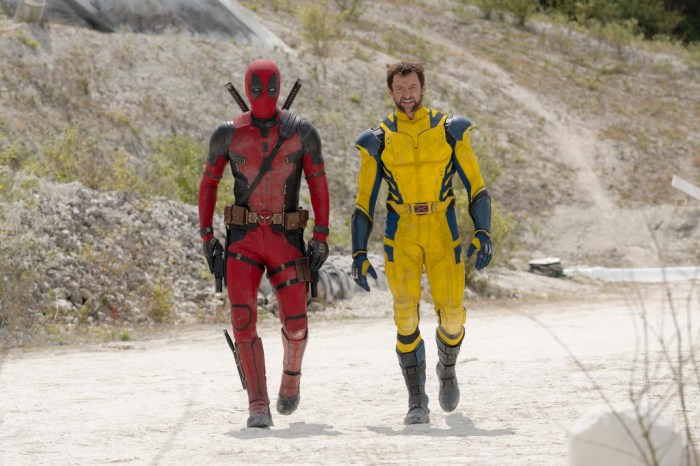By Craig Giammona
Following his conviction last Thursday on drug trafficking and murder-for-hire charges, a jury began deliberating Tuesday whether the notorious southeast Queens crack kingpin should face the death penalty or life in prison. The same jury found McGriff guilty last week of ordering the 2001 murders of Troy Singelton and Eric Smith, both of southeast Queens, according to Robert Nardoza, a spokesman for the U.S. Attorney's office in Brooklyn.Nardoza also said McGriff was convicted of dealing crack, cocaine and heroin. He was acquitted of a few lesser charges, but faces the death penalty, Nardoza said. McGriff presided over the “Supreme Team” an infamous drug gang that ruled the streets of southeast Queens in the 1980s. McGriff previously served 10 years in jail on drug charges, but was released in 1999 and apparently returned to the drug game. Smith and Singelton, both alleged enemies of McGriff, were shot dead in 2001, Smith in July and Singelton in October. McGriff was convicted of ordering the murders and paying hitmen a total of $50,000 to carry out the shootings. The actual gunmen in the cases have not been indicted. The drug charges in the case centered on a stash house McGriff operated near Baltimore that distributed heroin, cocaine and crack, according to court documents. Following McGriff's conviction last Thursday, the mothers of the two men whom he arranged to have killed both told reporters they do not support the death penalty.McGriff was originally arraigned in the case last February and at the time it was unclear if federal prosecutors would in fact seek the death penalty. However, about a month later, after apparently receiving a final decision from U.S. Attorney General Alberto Gonzales, prosecutors filed documents indicating that they would seek to put McGriff to death.Reach reporter Craig Giammona by e-mail at news@timesledger.com or by phone at 718-229-0300, Ext. 146.




























